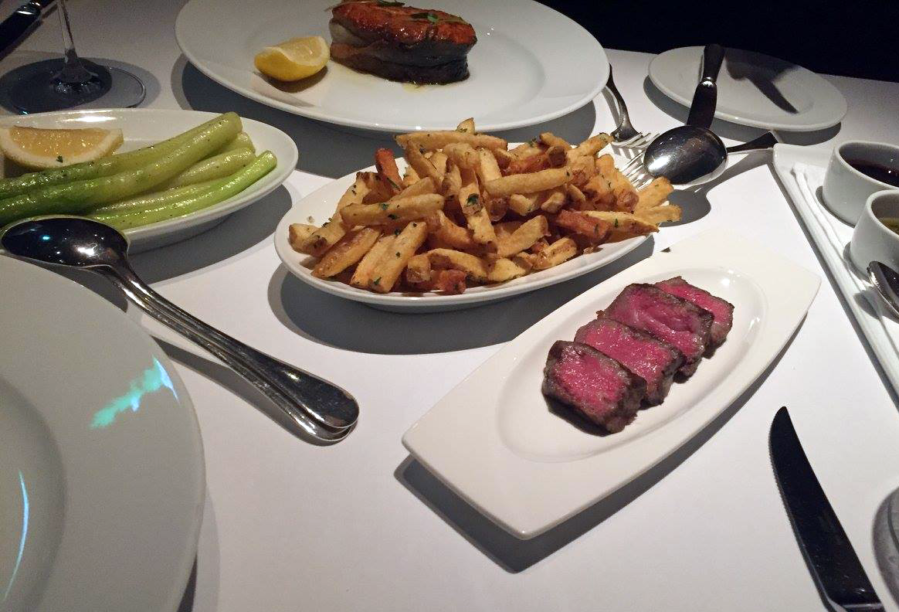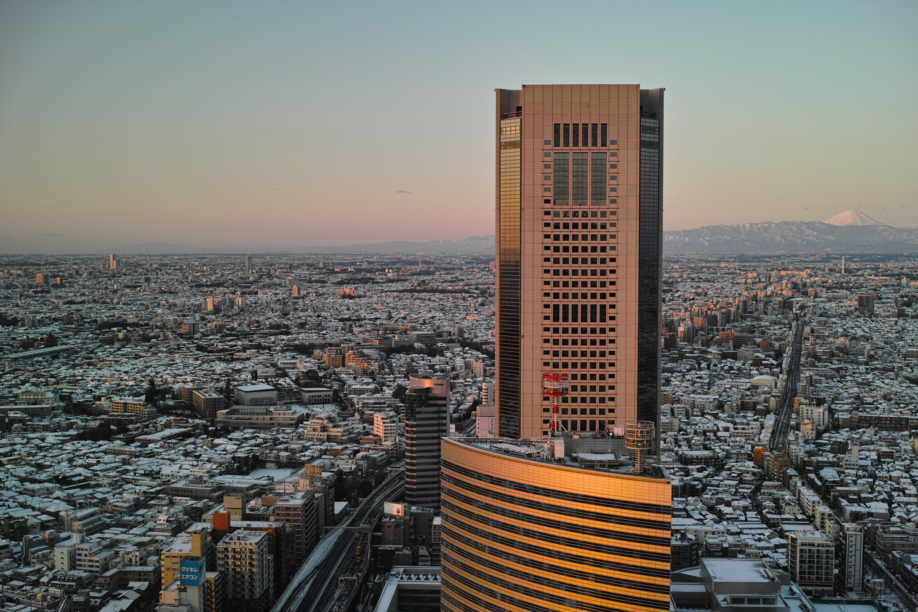The moment of my radicalization came in 2015, at the height of my success. I’d opened the door of my hotel room to find a bellman in a crisp uniform, bearing a cheesecake. It was 1 a.m. in Tokyo and my belly, recently engorged with Kobe and Argentinian Beef, was poking through the Egyptian cotton bathrobe. My eyes went from the bellman’s horrified smile to the cake’s surface, soft and white as a pillow. Still tossing on the volatile ocean of high-end Japanese whiskey I’d consumed earlier, I briefly contemplated setting my head down on the soft white frosting and falling asleep in the hallway. But I managed to sputter an arigato and took the cake back into my room. There, looking out onto the glittering Tokyo skyline, I realized that this—exactly this suffocating and overstuffed emptiness—was what I, a travel agent, had been selling my clients for the last six years. This was luxury travel, in all its pointless nihilism. This is the enjoyment of the men and women who’ve sold out the world.
 photo courtesy of the author
photo courtesy of the authorThat night had been my bounty for landing a whale—my first billionaire, whom I had convinced to stay in the $10,000 USD presidential suite at the Park Hyatt. As a reward, the hotel threw me a meat and whiskey bacchanal. We ate in a dining room overlooking the city, Mt. Fuji glimmering in the distance. The chef set several beautiful cuts of bloody, marbled beef before me; a sommelier poured me bottomless glasses of Scotch that cost more than my monthly rent. But though this was perhaps the best meal I’ll ever eat in my life, I somehow got the feeling that for my fellow diners, all these beautiful, wealthy people, it was just a meal like any other.
For the very rich, the end of desire is the beginning of normal. Being rich is not weeping for “no more worlds left to conquer,” it’s waking up every day and blandly expecting to conquer the same world, again and again. You do this until the whiskey tastes like water, and the steak is as flavorful as oatmeal. You do this until luxury is boring, enervating, and only life’s irritations remain.
 photo courtesy of the author
photo courtesy of the authorFrom the moment Hong Kong’s or Thailand’s protesters raised their fists, or the first brick was laid in China’s concentration camps, every travel agent on earth, including myself, could have picked up our phones, called all our clients and said: “if you’d like to continue with your vacation that’s fine, but here is what is happening at your destination.” But instead, travel companies steered their mostly white, mostly older clientele toward the stable nostalgia of orientalist exoticism. Don’t march in solidarity with the Hong Kong Protesters: go see the former colonial British mansions on Victoria Peak. Don’t witness Thai youth try to save their country from yet another military dictatorship: go ride an elephant. Don’t worry about surveillance in Singapore: enjoy a delicious G&T, served to you by an elegant waiter in a pith helmet at the Raffles hotel.
Now the coronavirus has arrived and we can examine from a new perspective the insanity of a world where we may freely travel to Trump’s America, Prayut’s Thailand, Xi’s China and so on. One is compelled to reflect on why so many of today’s capitalists are traveling to escape into a distant past. The French businessman, exhausted by the gilets jaunes, escaping into the colonial buildings of Hanoi. The American retiree wondering why her grandkids support Black Lives Matter, and withdrawing into the effete, professionalized comforts of a Phuket beach resort. But these colonial fantasies may be fading. Soon, perhaps, the coronavirus will pass, and the travel industry will again have to deal with the annoying interruptions of non-white people demanding justice.
Brian Hioe once told me that the hardest thing for activists to explain is how they themselves became radicalized. I once studied thread-counts, gradations of beach sand and the terroirs of truffles out of nihilism, rather than zealotry. How could luxury be so important in a world full of so much suffering? My clients, who came from Wall Street, Silicon Valley or inherited wealth didn’t appear to be bothered by such concerns.
The psychologist Daniel Gilbert, in between starring in mutual fund ads, advised us to spend money on “experiences not things.” This phenomenon of ‘hedonistic adaptation’ fails to take into account that a commodified experience is still a commodity. Capitalism doesn’t stop when you hop on an airplane. The panorama of elephant camps, fugu dinners and dumpling-making classes shows you this; the weekly display of tourist delights in the Financial Times’s How To Spend It supplement. On your flight to Korea you can watch the movie Parasite, then experience the neighborhood’s gentrification, as tourists throng to experience the ‘authentic’ poverty of the movie. Parasite’s director Bong Joon Ho described this futility perfectly:
I tried to express a sentiment specific to the Korean culture, and I thought that it was full of Koreanness if seen from an outsider’s perspective. But upon screening the film after completion, all the responses from different audiences were pretty much the same, which made me realize that the topic was universal. Essentially, we all live in the same country called Capitalism.
I woke up the next morning, sweaty and hung over, in blaring sunlight and a room covered in cake and grease. I’d forgotten to close the curtains, and Tokyo’s myriad skyscrapers and iconic Mt. Fuji loomed over me. The holy mountain hung back in the distance, and each skyscraper seemed taller than the last. Why did they have to keep growing taller? A groan escaped me as I realized my meeting this morning was on this very topic—one billionaire wasn’t enough for the Park Hyatt, they wanted me to send more. What would be my reward, if I could deliver? More whiskey, cheesecake and regret?
I’d arrived at the limits of what money could buy. Just because we’ve built these towers, doesn’t mean we need to keep building them higher. Tourism was designed for rich people, but that doesn’t mean we need to continue following colonial maps and logics to visit and venerate monuments to exploitation. What if there’s a different way? Instead of absentmindedly eating our hotel pillow mints, what if we remember that these sandy beaches were once free for all to walk on? What if we remember that under the pavement is the earth, and nothing that we see today is permanent, not even the towers of Tokyo?
 Jun Seita (CC BY 2.0) via Flickr
Jun Seita (CC BY 2.0) via Flickr




